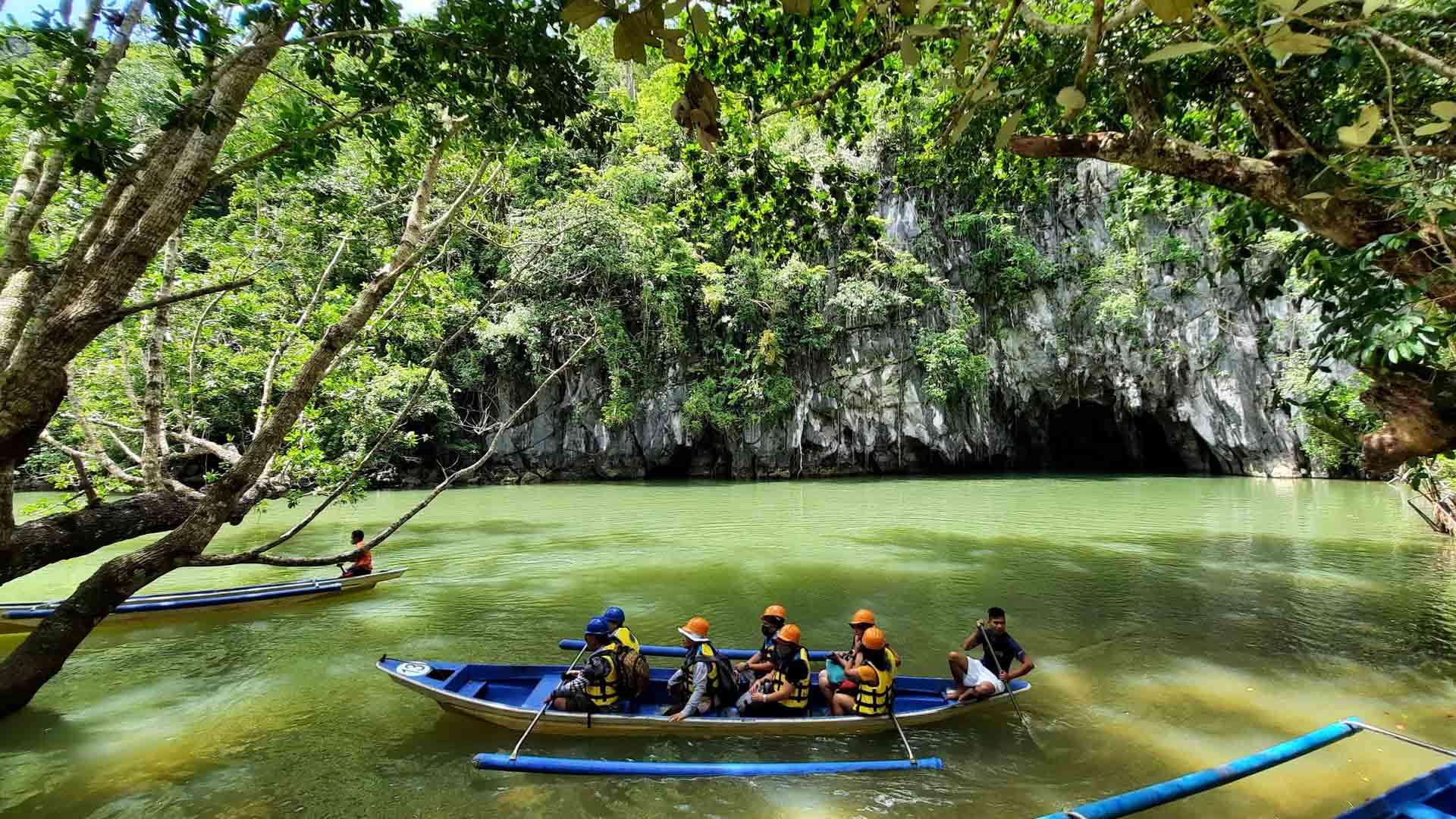The Department of Tourism (DOT) on Tuesday night told travelers that measures are in place to ensure their safety while visiting destinations across the Philippines.
The statement came after the United States Centers for Disease Control and Prevention (CDC) placed the country under alert level 3 for “high-level of coronavirus disease 2019” (Covid-19).
Seeking to allay fears, the DOT noted that more than half of the roughly 235 places the CDC monitored have also been placed under the said level.
“The global pandemic continues to expose the tourism industry to challenges, but our travelers can rest assured that the Philippine government continues to ensure that minimum public health and safety standards are in place, coupled with the precautionary measures observed by our partners from the private and public sectors. Therefore, our guests can safely enjoy any of our 7,641 islands even in the time of the Covid-19 pandemic,” Tourism Secretary Christina Garcia Frasco said.
“We are confident of the measures and guidelines that we have instituted to strike a balance between safety and travel in the new normal.”
Unlike many other countries in the west, the Philippines maintains a strict policy on wearing face masks to prevent the spread of the virus.
More than 72 million Filipinos have also been fully vaccinated as of Aug. 15, 2022.
In addition, the department said there is a stark difference between the Covid-19 positivity rate in the Philippines, which averages at 4,001 daily, compared to that of the US, which recorded 13,609 new cases in the last 24 hours as of August 16.
Citing the Department of Health, the DOT said the country gives “more weight to the health care utilization rate rather than the number of new cases.”
Nationwide, 29.3 percent or 838 out of 2,887 intensive care unit beds and 31.9 percent or about 8,165 out of 26,266 non-ICU beds are in use.
“What we learned from the advent of Covid-19 is that we cannot continue to allow the fear of it to negatively shape our lives and our travel plans. So much has been lost to this pandemic,” Frasco said.
“We need to revise our perspective and learn how to live with this virus in a manner that is reasonable, rational, as well as responsible of health protocols so not only lives but livelihoods of people dependent on tourism may be saved in the process.” (PNA)







